|
Seyed A. Esmaeili I'm a Postdoctoral Researcher at the Data Science Institute at the University of Chicago where I am hosted by Haifeng Xu. Previously I was a Postdoctoral Fellow at the Simons Laufer Mathematical Sciences Institute (SLMath) at Berkeley where I was affiliated with the Algorithms, Fairness, and Equity program. Before that I was a CS PhD student at the University of Maryland where I worked with John P. Dickerson and Aravind Srinivasan. Email: last_name@uchicago.edu |
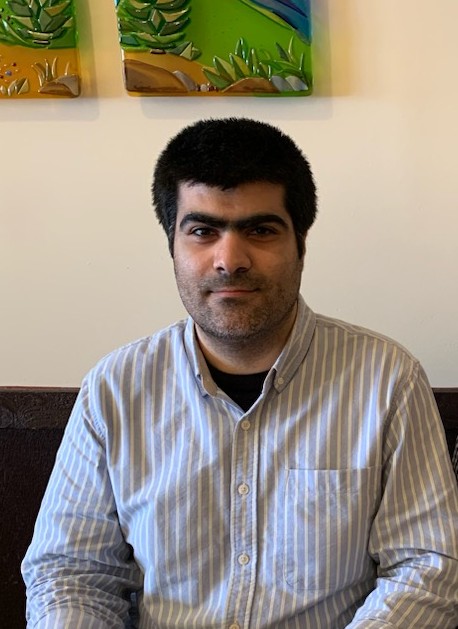
|
ResearchI'm interested in machine learning, algorithmic fairness, and the strategic and game-theoretic aspects of machine learning. My work spans fair clustering, redistricting/gerrymandering, and strategic decision-making in multi-armed bandits. Recently, I have focused on the intersection of LLMs, Generative AI, and game theory, including economic models of human–GenAI interactions and auctions and mechanism design for retrieval augmented generation (RAG). |
I am on the job market for 2025-2026. |
Academic and Research ServiceOrganizer and Program Chair: AAAI Workshop on Markets, Incentives, and Generative AIOrganizer and Presenter: AAAI Tutorial on Fair ClusteringReviewer for various iterations of: NeurIPS, ICML, ICLR, AAAI, AISTATS, FAccT, TMLR |
Selected Publications-(α,β) denotes alphabetical ordering. -* denotes equal contribution. |

|
Data Auctions for Retrieval Augmented Generation
Minbiao Han*, Seyed A. Esmaeili*, Michael Albert, Haifeng Xu Under Review, 2025. Motivated by data selling for RAG based applications, we introduce a novel value function to measure the value of a dataset for each buyer. We then design a welfare maximizing algorithm with approximation guarantees. Additionally, we show how this algorithm can be further processed to lead to an incentive-compatible mechanism without degrading its approximation ratio. |
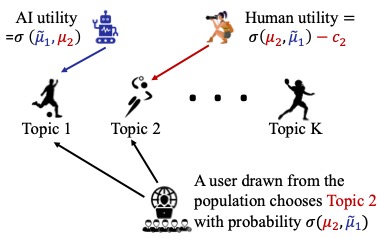
|
How to Strategize Human Content Creation in the Era of GenAI?
Seyed A. Esmaeili, Kshipra Bhawalkar, Zhe Feng, Di Wang, Haifeng Xu Under Review, 2025. We introduce a novel model to study the competition between a human contributor and a GenAI agent in an online content creation platform. We focus on strategies that maximize the human contributor's utility. We design novel algorithms with theoretical guarantees to maximize the human's utility under various settings. Interestingly, we show that some settings exhibit computational hardness whereas others do not. |

|
Robust Fair Clustering with Group Membership Uncertainty Sets
Sharmila Duppala, Juan Luque, John Dickerson, Seyed A. Esmaeili AISTATS, 2025. We study the canonical fair clustering problem when the group memberships are not perfectly known. Specifically, we introduce an interpretable family of error models that require little input from the decision maker and use robust optimization to produce algorithms with theoretical guarantees. |
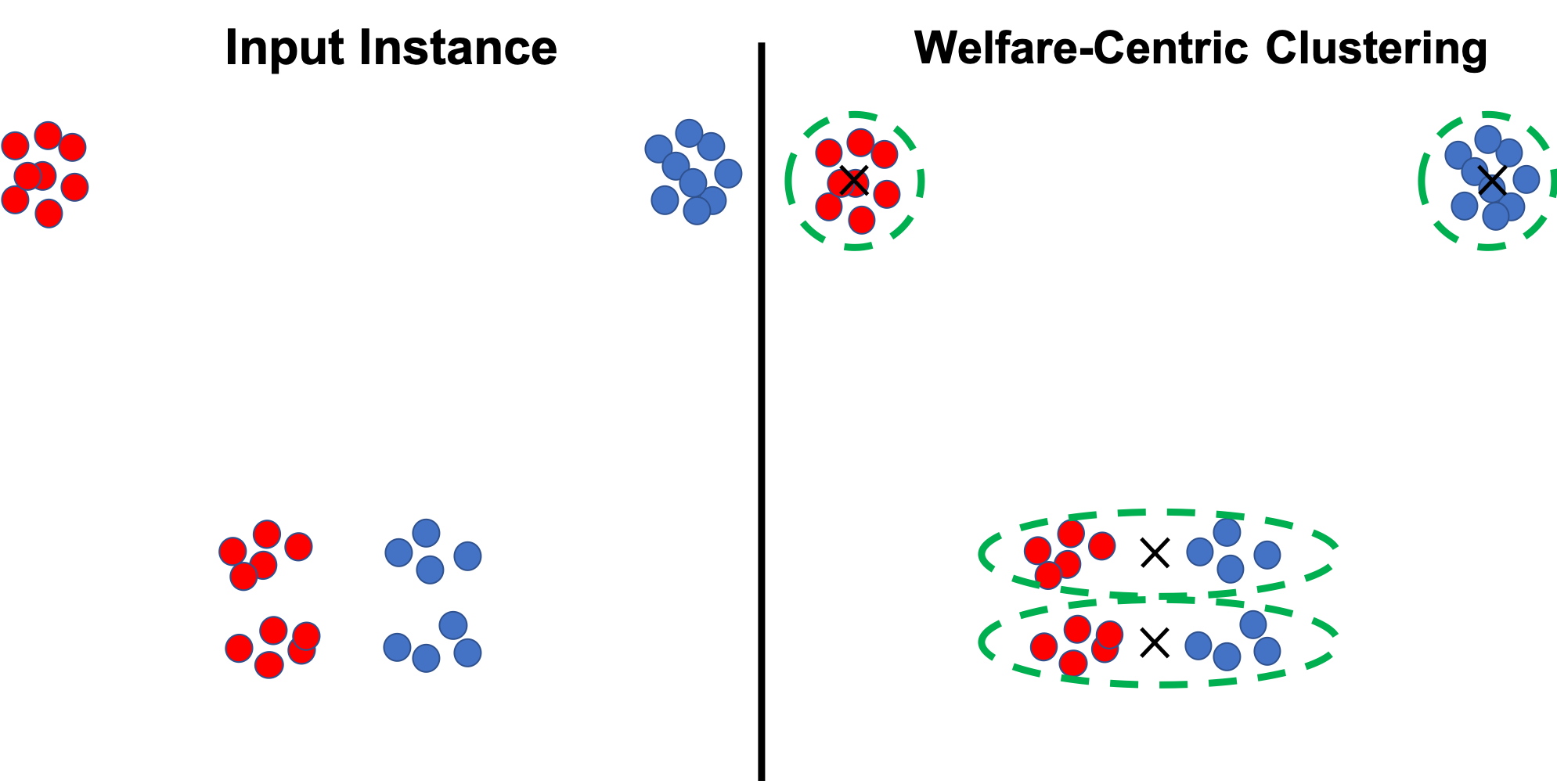
|
Welfare-Centric Clustering
Claire Jie Zhang*, Seyed A. Esmaeili*, Jamie Morgenstern Under Review, 2025. We introduce a new welfare-centric formulation to fair clustering based on clearly defined utilities. Our formulation leads to simpler and more intuitive solutions. We additionally introduce algorithms with theoretical guarantees for this new formulation. |

|
Robust Performance Incentivizing Algorithms for Multi-Armed Bandits with Strategic Agents
Seyed A. Esmaeili, Suho Shin, Aleksandrs Slivkins AAAI, 2025. We study a variant of the multi-armed bandits problem where the arms are strategic and have control over their output level. We give algorithms that achieve the three objectives of learning, performance incentivization, and robustness simultaneously. |

|
Replication-Proof Bandit Mechanism Design
Suho Shin, Seyed A. Esmaeili, MohammadTaghi Hajiaghayi AAAI, 2025. We study a bandit setting where agents can possibly register an unbounded number of arms. The agents have Bayesian priors over the arms' quality levels (means) but do not see the realizations of the means before registration. We show that prior work fails in this setting and give algorithms that are replication-proof. |
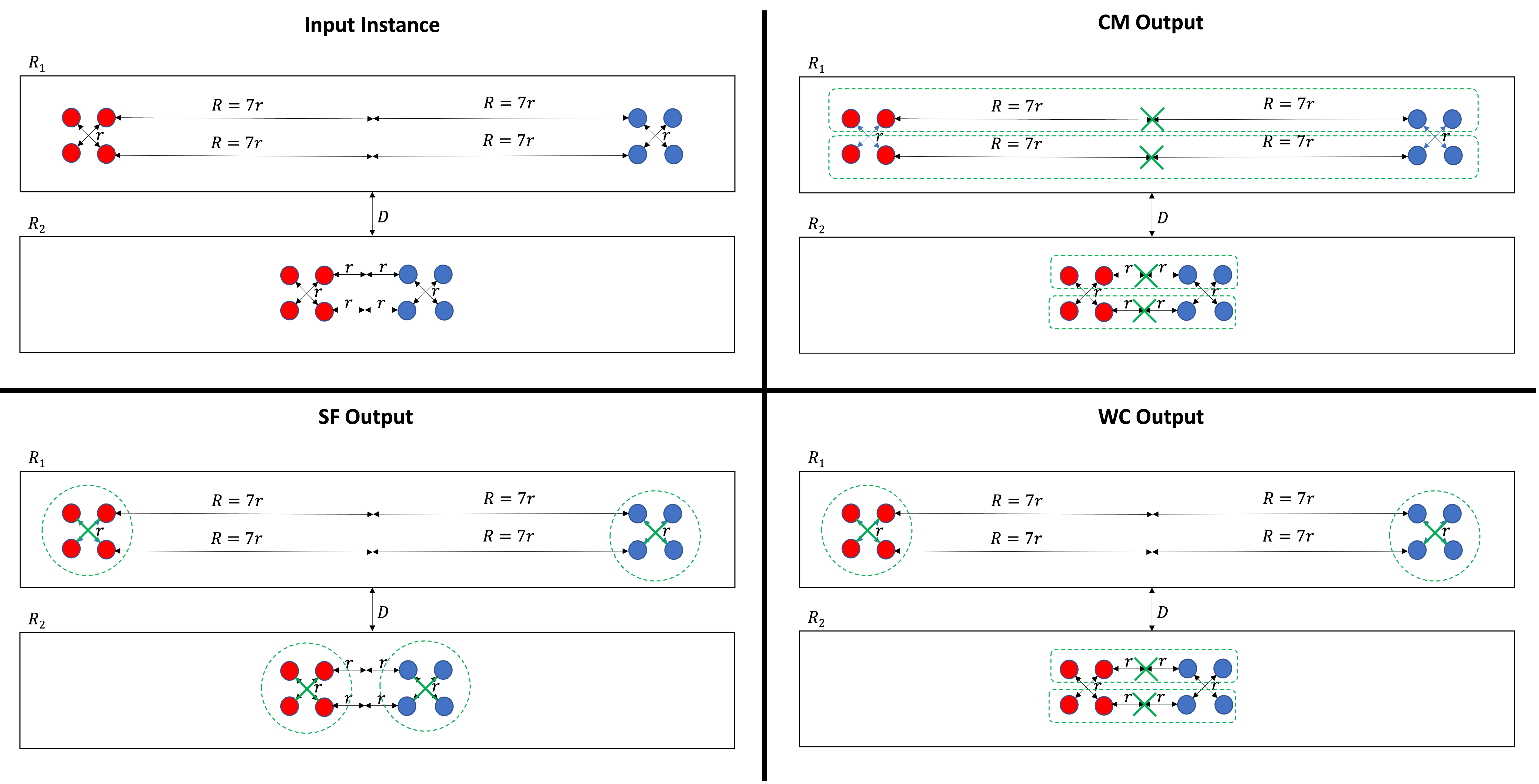
|
Fair Clustering: Critique, Caveats, and Future Directions
(α,β) John Dickerson, Seyed A. Esmaeili, Jamie Morgenstern, Claire Jie Zhang, IEEE SaTML, 2025. We identify a collection of shortcomings in the fair clustering literature and show a set of examples where the application of a fair clustering algorithm could possibly even degrade the welfare. Finally, we give some recommendations that could lead to more impactful fair clustering research. |
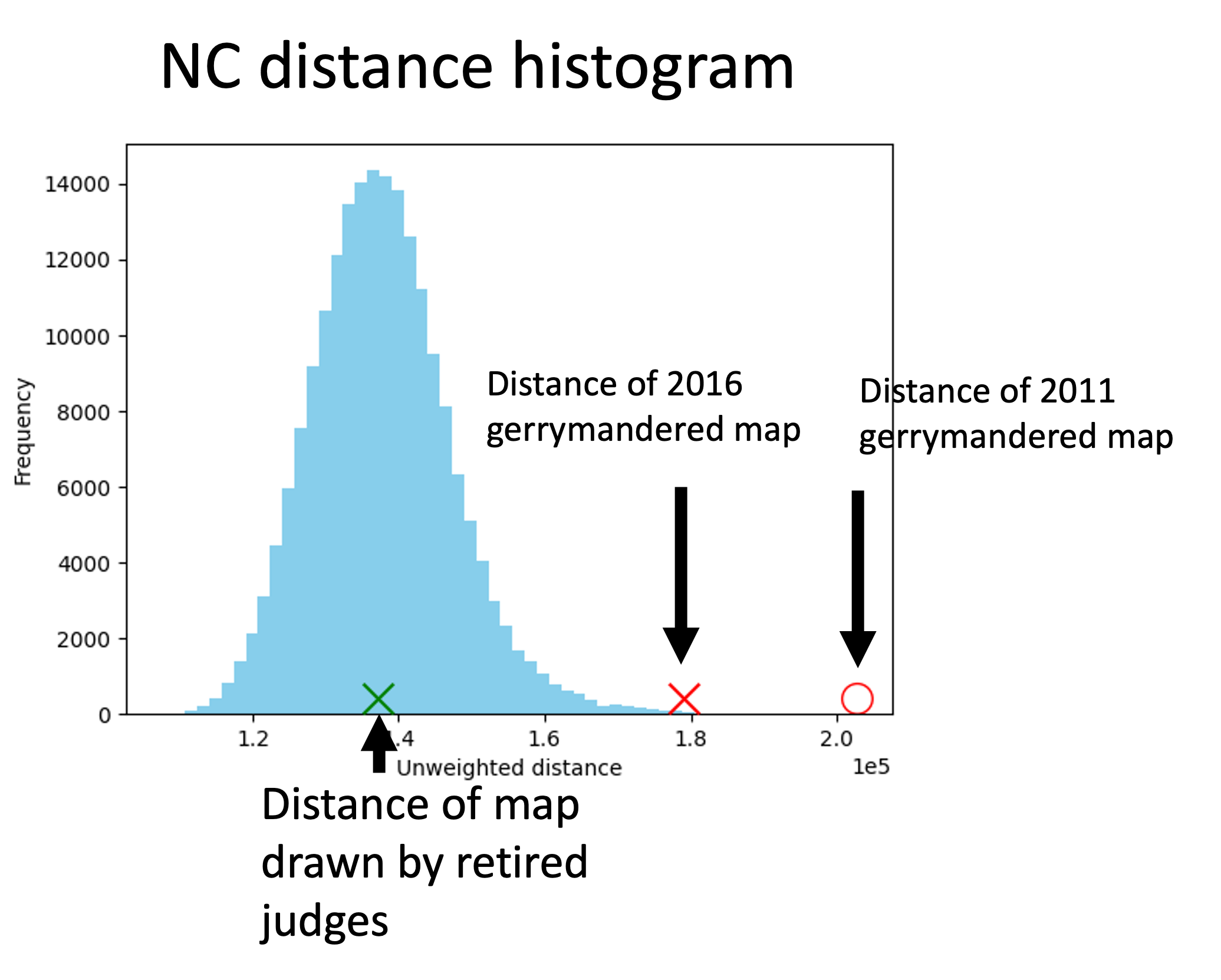
|
Implications of Distance over Redistricting Maps: Central and Outlier Maps
Seyed A. Esmaeili, Darshan Chakrabarti, Hayley Grape, Brian Brubach AAAI (Oral Presentation), 2024.
We introduce a simple and interpretable distance measure over redistricting maps. This enables us to select a |

|
Doubly Constrained Fair Clustering
(α,β) John Dickerson, Seyed A. Esmaeili, Jamie Morgenstern, Claire Jie Zhang NeurIPS, 2023. The fair clustering literature has produced a large number of fairness notions and has largely ignored how these notions might be satisfied simultaneously or how they relate to one another. In this project, we choose two specific group representation-based fairness notions and give algorithms that can satisfy both of them simultaneously. In addition, we show incompatibility between these two notions and a set of distance-based fairness notions. |

|
Rawlsian Fairness in Online Bipartite Matching: Two-sided, Group, and Individual
Seyed A. Esmaeili, Sharmila Duppala, Davidson Cheng, Vedant Nanda, Aravind Srinivasan, John Dickerson AAAI, 2023. We consider an online matching platform and show algorithms that give fairness guarantees for the two sides to be matched as well as a revenue guarantee for the platform operator. We further establish lower bounds on the performance of any algorithm and show that in general individual and group fairness can be at odds with one another. |
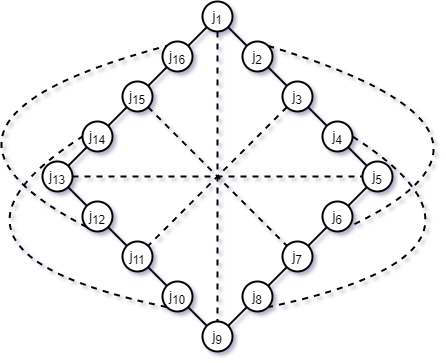
|
A New Notion of Individually Fair Clustering:α-Equitable k-Center
(α,β) Darshan Chakrabarti, John Dickerson, Seyed A. Esmaeili, Aravind Srinivasan, Leonidas Tsepenekas, AISTATS, 2022. We introduce a new notion of individual fairness in clustering which constrains the solution to have equitable distance to center values across the points. We establish lower bounds on our new clustering problem, study its price of fairness, and give approximation algorithms for it. |
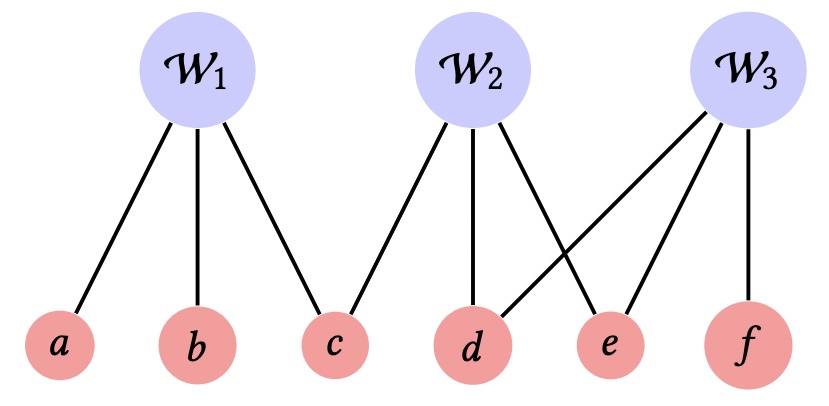
|
Fair Labeled Clustering
Seyed A. Esmaeili, Sharmila Duppala, John Dickerson, Brian Brubach KDD, 2022. We consider a setting where different clusters have outcomes of possibly varying qualities (labels) associated with them. We show that unlike previous work, fairness considerations are more effectively satisfied by having close to population level proportional representation of each group across the label not the clusters. We further give algorithms with theoretical guarantees for this setting. |
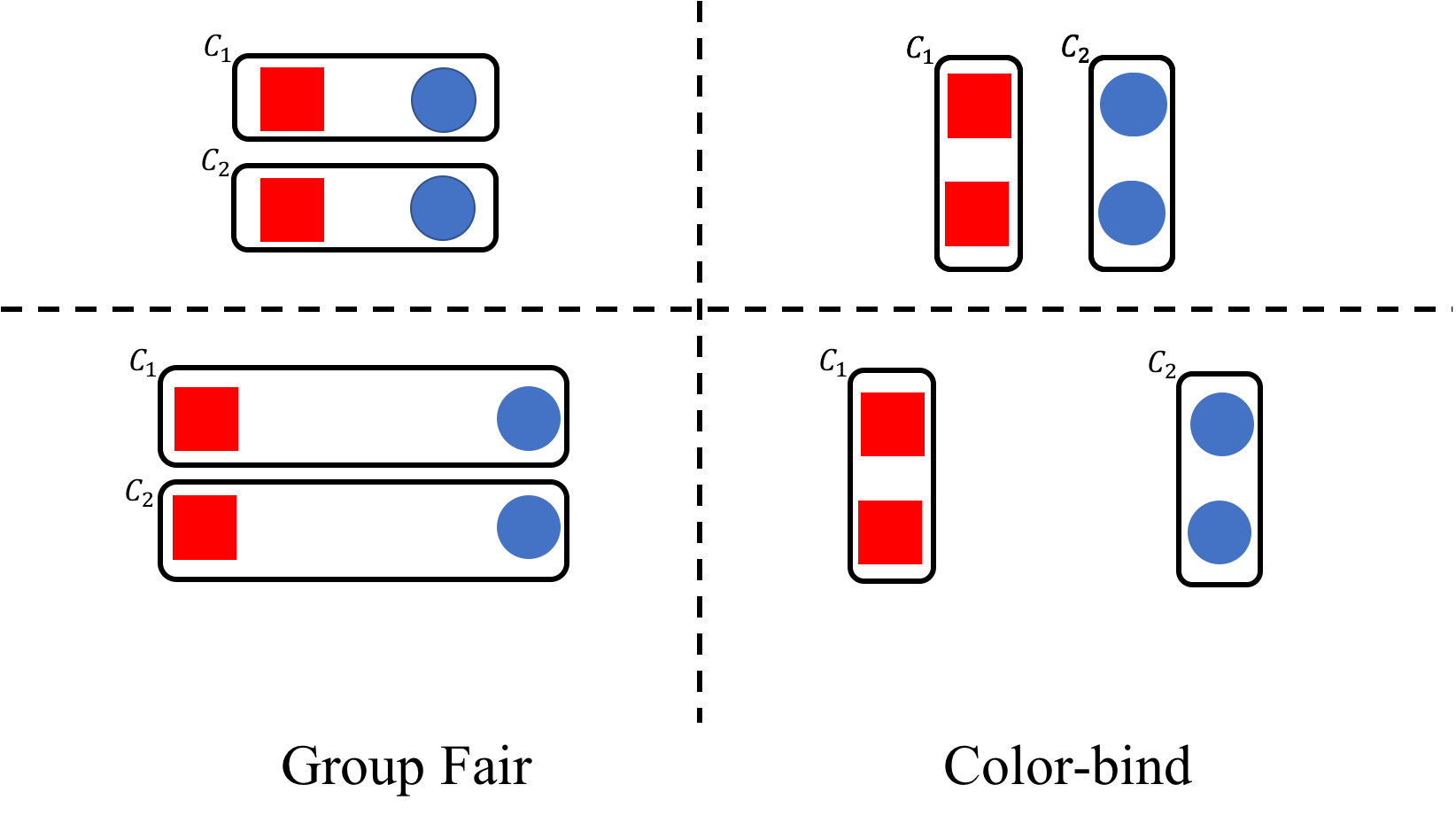
|
Fair Clustering Under a Bounded Cost
Seyed A. Esmaeili, Brian Brubach, Aravind Srinivasan, John Dickerson NeurIPS, 2021.
Imposing a fairness constraint on clustering may lead to an unbounded degradation in the clustering cost. Therefore, in this project we introduce a new problem where we maximize the amount of |
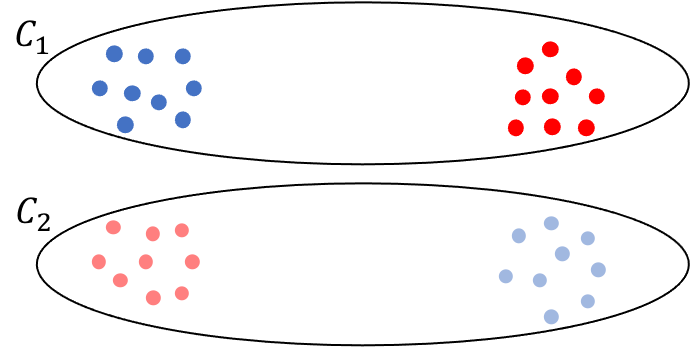
|
Probabilistic Fair Clustering
Seyed A. Esmaeili, Brian Brubach, Leonidas Tsepenekas, John Dickerson NeurIPS, 2020. We study the fair clustering problem when the group memberships are imperfectly known. Specifically, we consider the fairness notion where each cluster is supposed to have close to population level proportion of each group in the setting where probabilistic instead of deterministic group membership knowledge is available. We introduce a probabilistic fairness notion for this setting and give algorithms with theoretical guarantees to solve it. |

|
An end-to-end Differentially Private Latent Dirichlet Allocation Using a Spectral Algorithm
C. DeCarolis, M. Ram, Seyed A. Esmaeili, Y. Wang, F. Huang ICML, 2020. We introduce a differentially private matrix/tensor-based spectral algorithm for Latent Dirichlet Allocation. We present the algorithm as a computational graph and study noise injection at different edges establishing utility guarantees for each different choice and showing that some can outperform others at different regimes. |
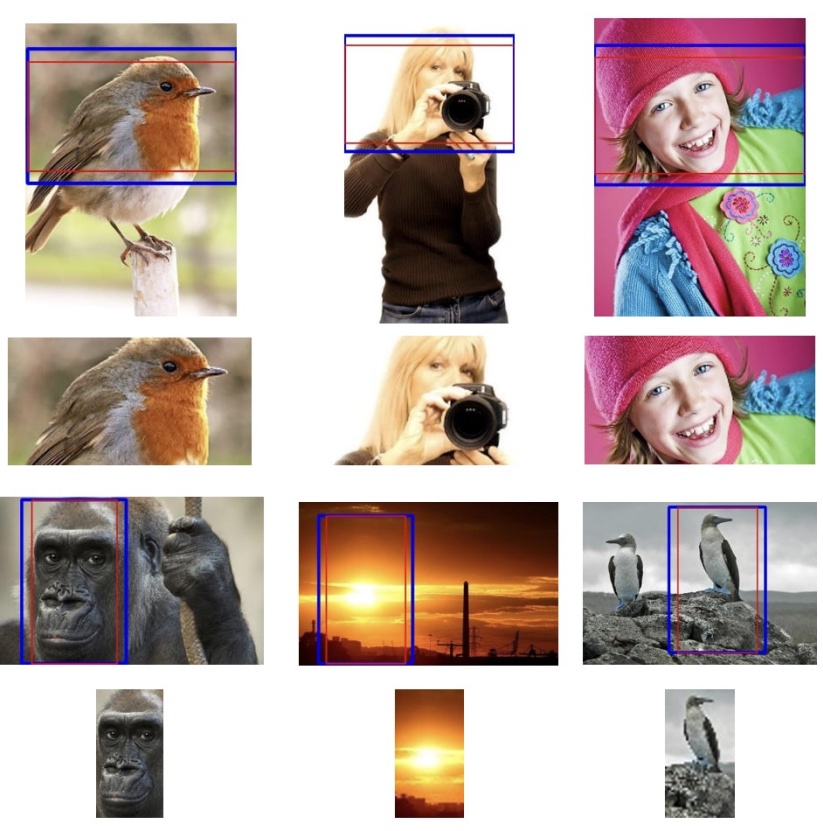
|
Fast-AT: Fast Automatic Thumbnail Generation using Deep Neural Networks
Seyed A. Esmaeili, Bharat Singh, Larry S. Davis CVPR, 2017. We solve the problem of automated thumbnail generation using a deep neural net achieving higher quality thumbnails with a faster run-time than previous method. We also introduce a dataset of images and their manually generated thumbnails. |
|
Website template from Jon Barron's website. |